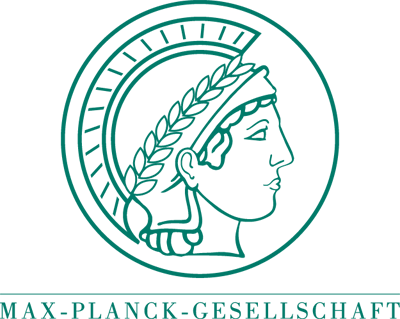Max Planck Institute for Intellectual Property and Competition Law

The aims of the MPI for Intellectual Property and Competition Law lie in fundamental research of current, future-oriented questions surrounding the protection of intellectual property, such as inventions or creations as well as the regulation of competition mechanisms and behaviour. The point of departure in defining the Institute’s research topics are primarily phenomenological questions from which specific, long-term examined Fields of Research are formed. Within these areas of research, the Institute determines mid-term variable main areas of research within which various types of partially interdisciplinary-oriented research projects are located.
One of the Institute’s special tasks is the support of young academics following the completion of their university studies. Its scholarship programme attracts over 100 young academics annually, primarily doctoral candidates but also a significant number of researchers who are preparing for a university career. In addition to these, a large number of visiting scholars are served (Welcome Center) who are able to conduct research and carry out research projects in the Institute’s library, the world’s leading facility in this field.
The Munich Intellectual Property Law Center (MIPLC) supplies an important contribution to research and teaching. Beginning in 2003 – at first under the direction of Joseph Straus and since 2009 under the direction of Josef Drexl – the MIPLC has offered an LL.M. study programme with an emphasis on IP law, in connection with international partner universities and is staffed by internationally recognized university professors. Instruction is entirely in English.
The International Max Planck Research School for Competition and Innovation – Legal and Economic Determinants (IMPRS-CI) under the direction of Reto M. Hilty supports in particular ways young academics. This cooperation of the Institute with three faculties (Law, Economics, Business Studies) of the University of Munich focuses on a structured, interdisciplinary, three-year doctoral programme. The programme takes on eight new candidates annually, half jurists and half economists, who are primarily introduced to the other’s discipline. The doctoral candidates conduct research on the points of interface between law and economics concerning the effects of protection law and competition law regulations, in particular on innovation processes.
With the 2013 newly established department Munich Center for Innovation and Entrepreneurship Research (MCIER), the Max Planck Institute for Intellectual Property and Competition Law faces new challenges in the field of interdisciplinary research and extends the research towards economics. At the MCIER researchers mainly focus on the key subjects innovation and entrepreneurship, which are of high relevance to the legal research at the MPI for Intellectual Property and Competition Law. MCIER engages in research to explore and analyze the courses, determinants, outcomes and implications of innovation and entrepreneurship processes.